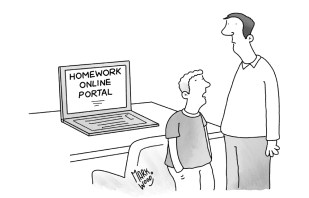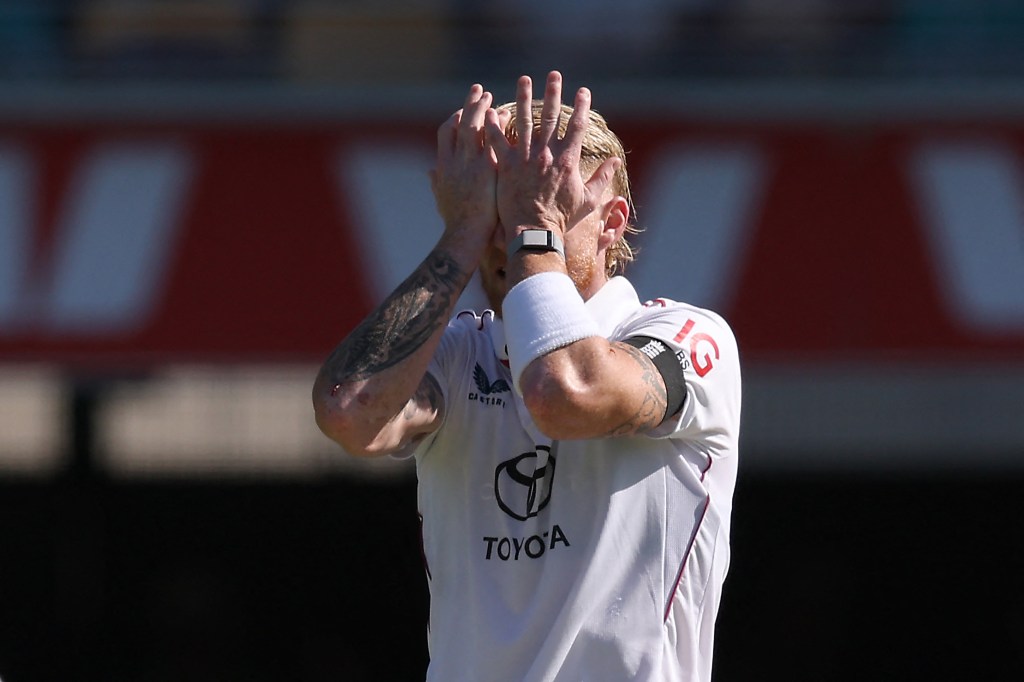‘Inigo has never asked me not to write this book, but I had come to wonder whether I would have had the courage to write it were he not imprisoned,’ confesses Orlando Whitfield in his coruscating memoir of his friendship with Inigo Philbrick. He was the art dealer whose meteoric career exploded in spectacular style when he was convicted, aged 35, of wire fraud in 2022. Imagine Whitfield’s alarm on hearing that Philbrick had been released from prison in time for publication.
By ‘flipping’ art works, Philbrick increased his earnings from ‘£35k a year to £35k a month’
Philbrick, who owes $86,672,790 in restitution payments, will have ample opportunity – and cash incentives – to give his side. Producers have come knocking, and an upcoming BBC series offers ‘exclusive documentary access’ to him and his fiancée, the Made in Chelsea star Victoria Baker-Harber. Meanwhile, HBO is adapting Whitfield’s book.
The story is just the latest dish in a tasting menu of schadenfreude being served to a public greedy for hubristic scammers. Yet All That Glitters is not just a cashing-in exercise. It is a lacerating critique of the contemporary art market; a personal account of Whitfield’s disillusionment with that world, which led to a breakdown; and a conflicted elegy to a lost, formative friendship.
Whitfield, the son of a former Christie’s MD, met Philbrick, the son of the director of a Connecticut contemporary art museum, while studying art history at Goldsmith’s in 2006, and was immediately impressed by his erudition and precocious confidence. Together, they began dealing art as undergraduates. Where Whitfield was anxious and sensitive, Philbrick was steely and secretive.
Aged just 23, Philbrick, who had worked for White Cube throughout university, began running Jay Jopling’s art collection. Trading in the ruthless secondary market, where there are megabucks to be made by ‘flipping’ artworks, he quickly inflated his earnings from ‘£35k a year to £35k a month’. In 2012, Philbrick offered Whitfield a job at his new Jopling-backed Mayfair gallery. As success changed Philbrick, Whitfield ‘came to feel like a parvenu around him, a Nick Carraway to his Jay Gatsby’.
Philbrick parted ways with Jopling in 2014 after their relationship deteriorated, and began working with Robert Newland, a finance brain who helped him exploit the market’s shadowy corners. In 2015, Whitfield co-founded a gallery and later sold a picture to Philbrick. A nail-biting frenzy of missed payments and erratic behaviour gave him an insight into the house of cards Philbrick was precariously balancing. It came tumbling down when a Rudolf Stingel underperformed at auction in 2019, revealing that Philbrick had sold a total of 220 per cent of the painting to three different buyers, even sending a blank canvas to one of their storage warehouses – which worked, because investment art often sits unopened.
As creditors closed in, Philbrick shut his London and Miami galleries and fled to Vanuatu. The following spring, he emailed Whitfield a cache of documents and correspondence, which provides the basis of the book, along with their conversations. Reading the evidence, Whitfield knew that the mitigatory article they planned to write would be impossible.
He remains tortured and mystified, wondering what was in it for Philbrick to befriend and employ him. He berates himself for being duped, yet claims that ‘nothing could diminish the affection I still somehow feel for Inigo. The stark truth of what he did has tested that feeling, however.’ Depressingly, the market seems content to regard Philbrick as one bad apple. No reforms have been made, and a recent Vanity Fair interview announced Philbrick’s intention to relaunch his career.
A moral question hangs over this book: is it Whitfield’s story to tell? ‘Inigo himself wrote to me directly only to say that he had heard I was selling out our friendship… a claim I still refute,’ he tells us. Arguably, Philbrick’s betrayal came first – and Whitfield reserves his harshest censure for the gold-rush mentality of the art market in the 2010s. As someone who values art deeply and describes it with feeling, he lambasts ‘the transubstantiation of art and greed into money and status’ by speculators looking to indulge their ‘purest capitalistic instincts’ unhampered by regulations.

This book isn’t journalism, Whitfield warns, ‘for there can be no objectivity where love has lived’. Yet what he does offer, in exuberant metaphors and comic vignettes, is a vivid character portrait that conveys Philbrick’s forceful, persuasive charisma. He also revels in some of the art world’s absurdities and the scrapes in which he found himself, including a white-knuckle customs encounter while illegally carrying a Lucian Freud drawing.
Sections on paper conservation and the aftermath of Philbrick’s arrest by the FBI could have been more tightly edited, but All That Glitters is as compulsive as a thriller. It is literary dynamite – a blazing exposé that cracks open an elite sphere cloaked in mystery and lays it mercilessly bare.







Comments